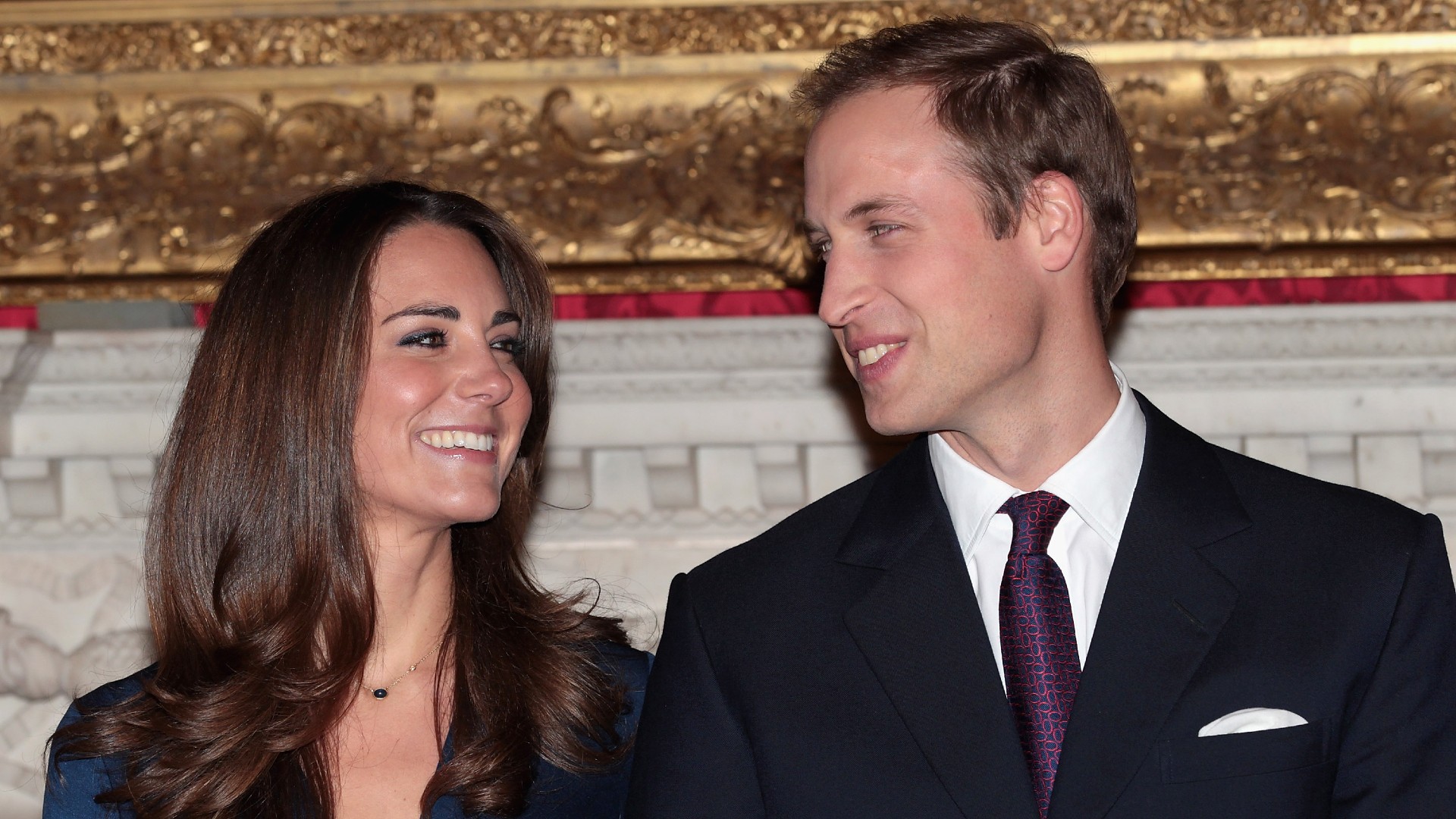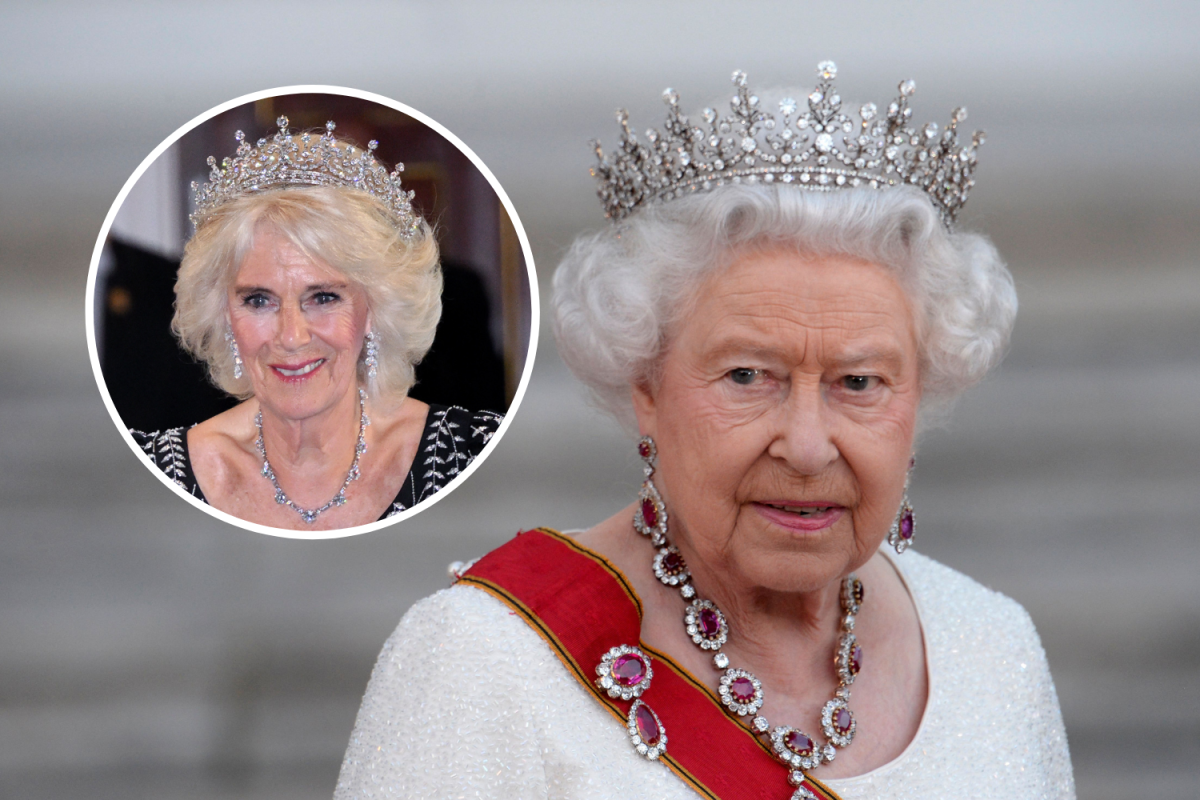GENETIC DANGER IN THE CROWN! Princess Leonor Reportedly Inherits King Felipe’s Hidden Neurological Condition

The Spanish royal family is once again under the spotlight — not for political drama or public appearances, but for a potential health crisis quietly unfolding behind palace doors.
According to multiple Spanish media outlets and sources close to the Royal Household, Princess Leonor, heir to the Spanish throne, is allegedly undergoing medical evaluations for a condition that may have been passed down genetically from her father, King Felipe VI. The condition in question? Narcolepsy, a chronic neurological disorder that disrupts the brain's ability to regulate sleep-wake cycles.
And the royal alarm bells are ringing.
From New York to Concern: A Shadow Follows the Future Queen
Earlier this June, Princess Leonor arrived in New York City — the final leg of her mandatory international training program before stepping fully into her future role as Queen of Spain. But what should have been a quiet continuation of her education has become the center of speculative headlines, as reports suggest she is undergoing preventive treatment for a possible neurological condition.
Sources within the medical circle of the Palacio de la Zarzuela, the royal residence, have hinted at persistent symptoms the princess has allegedly shown in recent months — symptoms closely linked to narcolepsy.
What Is Narcolepsy — and Why Is It So Serious?
Narcolepsy is a lifelong sleep disorder that affects the brain’s ability to regulate sleep cycles. People living with narcolepsy may experience:
-
Sudden sleep attacks during daytime
-
Excessive daytime drowsiness
-
Cataplexy (sudden muscle weakness or paralysis)
-
Sleep paralysis or hallucinations
There is no known cure, but early diagnosis and treatment — often involving lifestyle adjustments and medication — can help patients lead relatively normal lives.
King Felipe VI and the Family History of the Disorder
It is widely believed among palace insiders that King Felipe VI has quietly struggled with symptoms of narcolepsy since his youth. Reports claim that during his school years, the now-monarch would often experience episodes of extreme drowsiness, affecting his academic performance and stamina during formal engagements. Although never officially confirmed, royal biographers and former insiders have repeatedly alluded to this "invisible struggle."
Now, alarmingly, similar symptoms are allegedly being observed in his eldest daughter.
Signs in Leonor: Fatigue at Sea Raises Questions
According to close sources, some of the warning signs seen in Princess Leonor include:
-
Unusual levels of daytime fatigue
-
Lethargy and excessive sleepiness during formal training
-
Instances of exhaustion while onboard the training ship Juan Sebastián Elcano
Initially, palace staff and instructors attributed these behaviors to stress, or even a perceived lack of enthusiasm for her military responsibilities. But as these patterns continued, a team of specialists was brought in to conduct further evaluation.
Medical Intervention: Monitoring, Diet, and a New Routine
Since then, reports claim that Leonor has been placed under ongoing medical supervision. While the royal household has not officially confirmed any diagnosis, insiders say she has already begun a specialized regimen including:
-
Dietary changes to support energy and brain function
-
Revised sleep schedules to improve restfulness
-
Neurological assessments to monitor her condition and rule out other causes
All of this is being done discreetly, under the close guidance of specialists and with the support of her parents, King Felipe and Queen Letizia.
What This Means for the Monarchy
While it’s important to note that no official statement has been released confirming narcolepsy, the possibility of a genetically inherited neurological condition in the next monarch raises critical questions.
Could this affect Leonor’s future ability to rule?
Medical professionals insist that narcolepsy does not prevent a person from leading a successful public life — especially when managed properly. But the emotional and political impact of such a revelation could reshape how Spaniards perceive the pressures faced by their young heir.
It also puts the Royal Family's traditionally private approach to health under the microscope. Should they speak openly about these challenges? Or keep them behind palace walls?
A Sensitive Moment for a Young Leader
At just 18 years old, Princess Leonor is being asked to bear the weight of expectation, history, and possibly now — a hidden disorder that has followed her father for decades.
What’s certain is this: whether rumor or reality, this chapter marks a crucial turning point in Leonor’s path to the throne. Surrounded by professionals, supported by family, and watched by millions — she faces not only her future as Queen but the complex inheritance of being human in a very public role.







